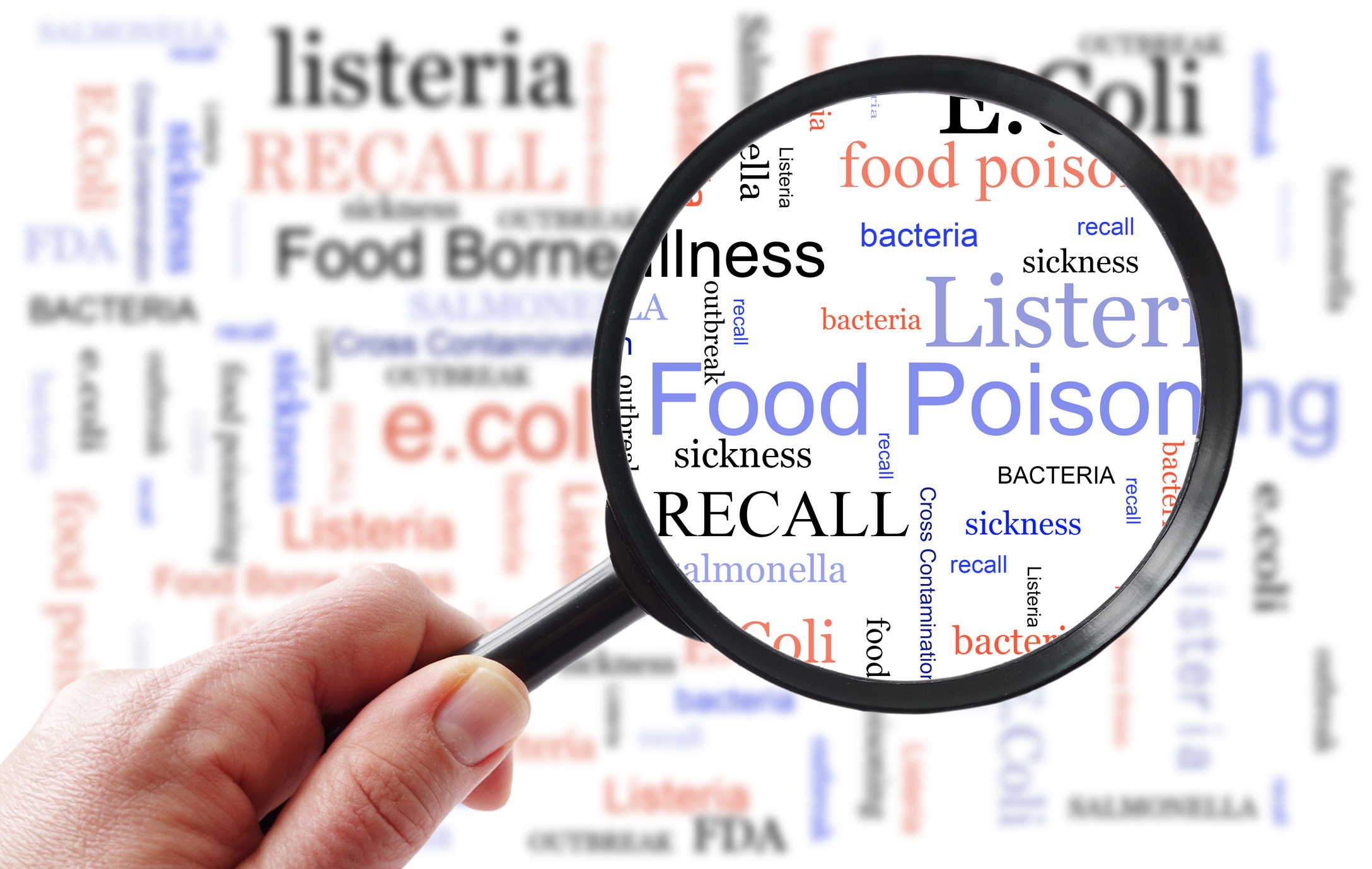The Skyrocketing Costs of Food Recalls
While food recalls rose only slightly by 2.2 percent, from 414 recalls in 2021 to 423 in 2022, the total number of recalled units rose dramatically from 52.1 million units in 2021 to 416.9 million in 2022.
In addition to this cost increase is the lasting impact of food recalls on the supply chain. A case in point is the recall of 14.89 million units of infant formula due to bacterial contamination, associated with two deaths in 2022. Although this recall was not the largest by volume, it had lasting effects on the supply of formula for months, resulting in calls for FDA reform. There was also a considerable impact on the industry due to production facility closures.
Recall-related lawsuits are rising, which can be financially devastating for processors. In particular, recalls involving severe health risks, such as the recall of Raws for Paws Ground Turkey Pet Food in 2017, which resulted in multiple illnesses and one death, and the company settling for over $7 million, hold particular significance.
Food processors incur significant costs associated with recalls, including retrieving recalled products, disposing of them, and informing consumers about them. When the number of units involved in a recall is heightened, such as with the recall of peanut butter products that impacted 21 food items and led to the recall of 12.2 million units, the resulting costs can become astronomical.
According to the Sedgwick report, undeclared allergens have been the leading cause of food recalls under FDA jurisdiction for the past five years. Since the beginning of 2018, prepared foods have dominated food recall events, followed by baked goods and dairy products.
The cost implications of food recalls are not limited to the FDA jurisdiction alone. Although the number of recalls in the USDA's jurisdiction remained constant during the past three years, the cost implications have been significant. The report notes an 87.0 percent drop in pounds recalled, with 13.35 million in 2021 and only 1.73 million in 2022. The average recall size was also much smaller in 2022, at 37,611 pounds, compared to 284,055 pounds in 2021.
Food recalls have steadily increased processors' costs, and this trend will continue without adequate action taken. The impact of recalls on the supply chain, the rise in recall-related lawsuits, and the cost of retrieving, disposing of, and notifying customers of recalled products are some of the reasons for the significant cost implications of food recalls. Processors must remain vigilant and implement robust food safety measures to mitigate the risks of recalls and their impact on their businesses.
Recall risk can be dramatically reduced by utilizing a smart, integrated digital solution for process control & validation, environmental monitoring, and sanitation.
Contact us to learn more about preventing recalls while increasing production.




